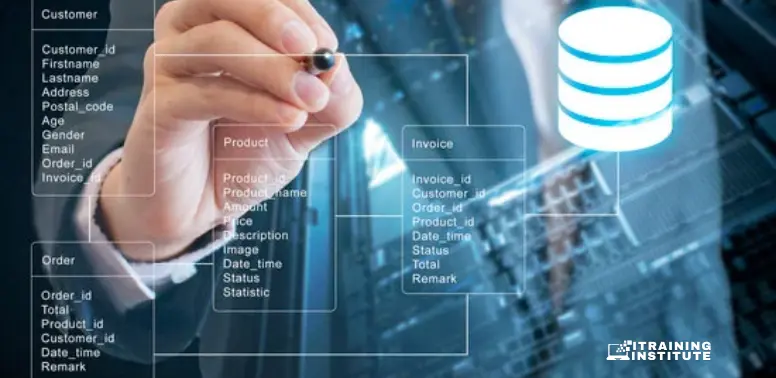
📢 Relational Database Design Course in Noida
Master Relational Database Design & SQL Optimization
📌 Learn Relational Database Design at iTraining Institute and become an expert in data modeling, normalization, SQL optimization, and database security.
✅ Online & Offline Training | ✅ Hands-on Projects | ✅ 100% Placement Assistance
📢 Enroll Now – Limited Seats Available!
🔗 Explore More: Check out our Database Courses
📌 Course Overview – Build Robust Database Systems
The Relational Database Design Course at iTraining Institute is designed for students, developers, and IT professionals who want to master database architecture, normalization techniques, SQL performance tuning, and security best practices.
📢 Apply Now & Become a Certified Database Expert!
🔗 Explore More: Learn about other Database Courses
🎯 What You’ll Learn in the Course?
📢 Enroll Now & Start Designing Efficient Databases!
🚀 Key Highlights of the Course
📢 Apply Now & Become a Relational Database Expert!
📞 Speak to Our Experts: +91 9821641408
🛠 Tools & Technologies Covered
📢 Enroll Now & Master These Essential Database Tools!
📧 Have Queries? Email Us: info@itraininginstitute.com
🎯 Career Opportunities After This Course
📢 Apply Now & Kickstart Your Career in Database Management!
📞 Need Career Guidance? Call Us: +91 9821641408
👨🎓 Who Should Join This Course?
📢 Enroll Now & Gain Hands-on Expertise in Database Design!
📧 Have Questions? Email Us: info@itraininginstitute.com
🌟 Why Choose iTraining Institute?
📢 Apply Now & Start Your Journey in Relational Database Design!
📞 Have Questions? Talk to Us: +91 9821641408
⭐ Student Success Stories
⭐ "This course helped me master database normalization and indexing!" – Ravi Sharma
⭐ "The practical approach and real-world projects were highly beneficial." – Megha Kapoor
⭐ "Highly recommended for anyone looking to start a career in databases!" – Amit Verma
📢 Join Now & Become a Database Expert!
📞 Speak to Our Team: +91 9821641408
🏆 About iTraining Institute
🌟 iTraining Institute is a leading IT training institute in Noida, offering professional courses in Database Management, SQL Development, Web Development, Cybersecurity, and more.
📍 Visit Us: MC Complex, Noida Sector-15, U.P.-201301
🚀 Take the First Step Toward a Successful IT Career!
📢 Enroll Now & Start Your Journey Today!
🔗 Explore More: Database Courses
